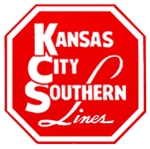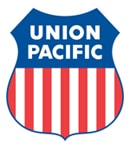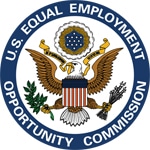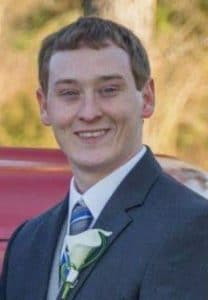Net Earnings: $459 million or $0.51 per share, up from $455 million or $0.49 per share for the same period last year
Revenue: Increased 1 percent to $2,743 million
Operating Income: Improved 4 percent to $876 million
Operating Ratio: Improved 90 basis points to 68.1 percent
Click here to read CSX’s full earnings report.
Net Earnings: Increased to $130 million or $1.23 per diluted share
Revenue: Increased 9 percent to $657 million
Operating Income: Increased 17 percent to $234 million, a third quarter record
Operating Ratio: Improved 2.5 points to 64.4 percent, a third quarter record
Click here to read KCS’s full earnings report.
Net Earnings: Increased 47 percent to C$510 million or 50 percent to C$3.50 diluted earnings per share
Revenue: Increased 3 percent to C$1.6 billion, up from C$1.55 billion
Operating Income: Increased 5 percent to C$690 million, up from C$657 million
Operating Ratio: Improved 100 basis points to 56.7 percent from 57.7 percent
Click here to read CP’s full earnings report.
Net Earnings: Increased to $1.2 billion or $1.50 per diluted share
Revenue: Up 5 percent from $5.4 billion
Operating Income: Increased 3 percent to $2.0 billion
Operating Ratio: Increased 0.7 points to 62.8 percent
Click here to read UP’s full earnings report.
Net Earnings: Decreased 1 percent to C$958 million, while diluted earnings per share increased 2 percent to C$1.27
Revenue: Increased 7 percent to C$3,221 million
Operating Income: Increased 4 percent to C$1,459 million
Operating Ratio: Increased 1.4 points to 54.7 percent
Click here to read CN’s full earnings report.
Net Earnings: Up 10 percent to $506 million or diluted earnings per share up 13 percent to $1.75
Revenue: Increased 6 percent to $2.7 billion
Operating Income: Up 11 percent to $911 million
Operating Ratio: 65.9 percent, a quarterly record
Click here to read NS’s full earnings report.
Note: Operating ratio is a railroad’s operating expenses expressed as a percentage of operating revenue, and is considered by economists to be the basic measure of carrier profitability. The lower the operating ratio, the more efficient the railroad.





 HUNTINGTON, W.Va. – CSX Transportation, Inc., a provider of rail-based transportation services with operations throughout the eastern half of the United States, violated federal law by implementing a physical abilities test battery that causes a class-wide disparate impact on female workers seeking a range of jobs at CSX, the U.S. Equal Employment Opportunity Commission (EEOC) charged in a lawsuit it filed Aug. 2.
HUNTINGTON, W.Va. – CSX Transportation, Inc., a provider of rail-based transportation services with operations throughout the eastern half of the United States, violated federal law by implementing a physical abilities test battery that causes a class-wide disparate impact on female workers seeking a range of jobs at CSX, the U.S. Equal Employment Opportunity Commission (EEOC) charged in a lawsuit it filed Aug. 2.

